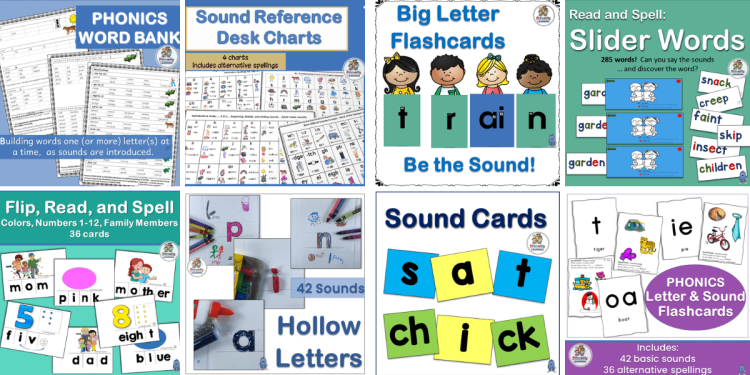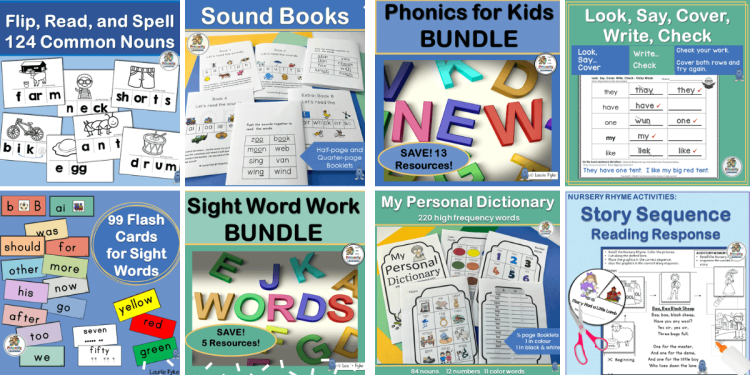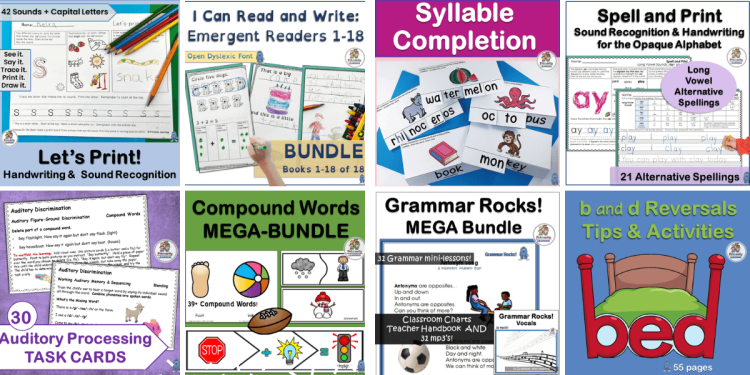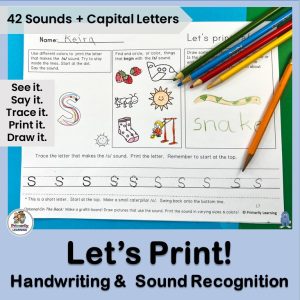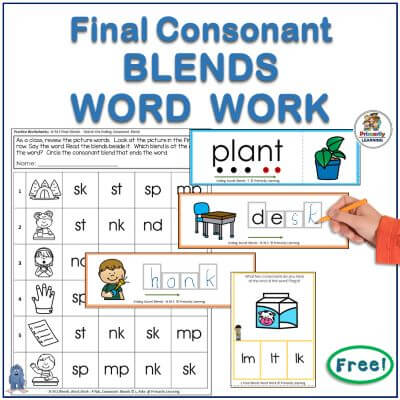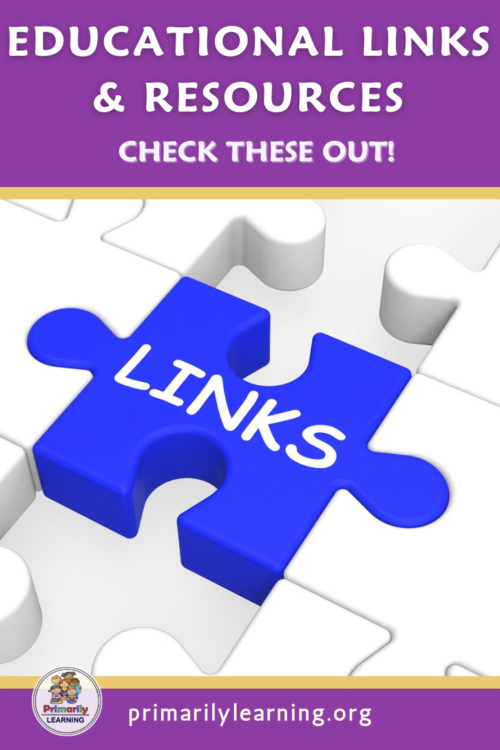

Amazing EDUCATIONAL LINKS and RESOURCES for CHILDREN IN ELEMENTARY SCHOOL
Don’t miss out on an excellent educational opportunity to find educational links and resources listed as submitted by fellow professionals!
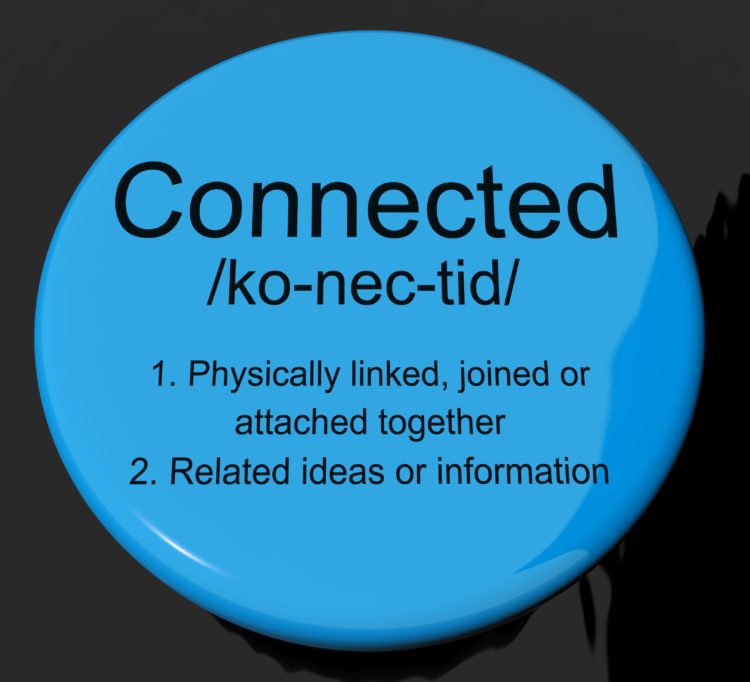
Learn more about synthetic phonics and how to make learning to read and write a natural process.
Check out this nonprofit educational website created by Sue Lloyd!
If you are interested in learning about synthetic phonics, finding ways to help a child with a reading problem, or seeking FREE educational resources… Check out this LINK! This website has been designed to provide teachers, parents, and interested adults with an understanding of synthetic phonics, the reasons why some children find learning to read difficult, and what can be done about it.
Teaching Children to Read and Write by Sue Lloyd

http://tcrw.co.uk/
FREE! Training, Resources, and Amazing LINKS!!
* * * * * *
FELLOW EDUCATORS have generously shared educational links that may be helpful to your program or needs. Thank you!
* * * * * *
Amazing Early Literacy Resources that Align with the Science of Reading
Find resources that support systematic/synthetic phonics programs like Jolly Phonics.

* * * * * *
Jolly Phonics
- Louise Kool (Ontario)
- Jolly Learning (United Kingdom)
- Jolly Works – Ann Box (Vancouver Island)
- Jolly Phonics4U – Deb Bible – Educational Consultant (USA)
- Jolly Reading – Susan Whittaker (Canada, USA)
* * * * * *
Can Do Cubes
* * * * * *
Early Literacy Resources that Align with the Science of Reading
* * * * * *
Information on reading achievement with phonics in the UK
* * * * * *
Information on reading achievement with phonics in the USA
* * * * * *
Ontario Exemplars and Other Links
* * * * * *
Check out b d Reversal Strategies, Printing Practice, Alternative Spellings, Auditory Processing Task Cards, Syllable Work, and more with outstanding resources from Primarily Learning!
Other Phonics Programs
* * * * * *
Read more about it from the experts!
- Evidence-Based Research Studies – Jolly Learning Ltd
- FORUM: Using Jolly Phonics in the Classroom
- Reading Reform Foundation UK
- FORUM: Jollyworks– Jolly Phonics focus- Canadian Perspective
- Can Do Education Ltd. (United Kingdom)
* * * * * *
Brain Research Classroom Ideas and Resources
* * * * * *

* * * * * *
Autism, ADHD, Special Needs, and Everyday Curriculum Support
Resources to use at home with kids with special needs
This page includes tips and ideas for fun things to do at home with kids,
plus educational resources to address learning loss for children with disabilities.
* * * * * *
Multi-subject Great Resource Links
(as submitted by Kelly Campbell)
- Learning and Teaching Resources
- A Culinary Curriculum for Cultivating Foodie Kids
- Forest Fire Safety and Prevention for Kids
- Astronomy for Kids
* * * * * *
Homeschooling made easy!
(as submitted by Jenny Wise)
* * * * * *
More Homeschooling Ideas!
Please note: this is on a COUPON FOLLOW site. Amazing Links!
- Free Homeschooling Resources and Lesson Plans for All Ages (as submitted by Annette Bordon)
* * * * * *
Resources that complement Jolly Phonics: Alternative Spellings, Working with Blends & Grammar
* * * * * *
Useful Program Resources
(suggestions submitted by literacy colleagues, teachers, & students)
- A Guide to Simple Machines Used In
- Reading Skills and Great Books for Kids
- Communications4All
- Teach to Read
- Mrs. Pancake
- Teaching Apps @ Teacher’s Pet
- How to Teach Kids About Money (submitted by Jair Ruiz)
* * * * * *
“📚 What Are Learning Styles?”
LEARNING STYLES
Irene Fenwick | writer at IvyPanda, and her team have recently published a guide: “The Difficulty with Learning Styles and How to Use It to Your Benefit”. It contains some practical examples of using different learning approaches in education to ensure maximum efficiency and infographics that help improve each individual’s learning experience.
An excerpt from “The Difficulty with Learning Styles and How to Use It to Your Benefit” …
Learning styles refer to how students obtain, process, understand, and retain information. The idea is fairly simple – every person has a particular way of learning that suits them best. When sticking to it, we memorize information and understand concepts much better than we would otherwise.
Auditory learners thrive when listening, discussing topics, and participating in debates. Kinesthetic students use gestures to express ideas and learn best from hands-on experience. A read/write style emphasizes written exercises and plenty of reading. Visual learners organize their learning experience via images, graphs, and pictures.”
Thank you, Ivy Panda! This is a must-read for teachers and parents!
* * * * * *
Phonemic Awareness Training- APPLICATION OF PRINCIPLES OF DIRECT INSTRUCTION by Janet E. Spector Reading & Writing Quarterly, Volume 11, Issue 1, 1995, p 37-51
Books:
Shifting the Balance – 6 Ways to Bring the Science of Reading into the Balance Literacy Classroom: Jan Burkins & Kari Yates
ISBN 978-1-62531-510-6
7 Mighty Moves -Research-Backed Classroom-Tested Strategies to Ensure K-to-3 Reading Success: Lindsay Kemeny
ISBN-13: 978-1-339-01208-7, ISBN-10: 1-339-01208-1
The Writing Rope – A Framework for Explicit Writing Instruction in All Subjects: Joan Sedita
ISBN-13: 978-1-681-25589-7 ISBN-10: 1-681-25589-8
The Writing Revolution – A Guide to Advancing Thinking Through Writing in All Subjects and Grades: Judith C. Hochman , Natalie Wexler
ISBN-13: 978-1-394-18203-9 ISBN-10: 1-394-18203-1
Beginning to Read: Thinking and Learning about Print:
Marilyn Jagar Adams
ISBN: 0-262-51076-6 (PB), 0-262-01112-3 (HB)
Overcoming Dyslexia – A New And Complete Science-Based Program For Reading Problems At Any Level: Sally Shaywitz, M.D.
ISBN: 0-679-78159-5
Speech to Print – Language Essentials for Teachers 2nd Edition:
Louisa Cook Moats
ISBN-13: 978-1-59857-050-2 ISBN -10: 1-59857-050-1
The Woman Who Changed Her Brain: Barbara Arrowsmith-Young
ISBN-10: 1451607946 | ISBN-13: 978-1451607949
Reading in the Brain: Stanislas Dehaene
ISBN 978-0-14-311805-3
Designing Early Literacy Programs: Strategies for At-Risk Preschool and Kindergarten Children: Lea M. McGee and Donald J. Richgels
ISBN: 1-57230-890-7
Early Reading Instruction– What Science Really Tells Us About How to Teach Reading: Diane McGuinness
ISBN: 0-262-13438-1
Step-by-Step Reading: Mona McNee
ISBN: 978-1-902984-83-4 (Suitable for older students)
Teaching Reading IS Rocket Science: What Expert Teachers of Reading Should Know And Be Able To Do: American Federation of Teachers: Item # 372
Why Children Can’t Read and What We Can Do About It: Diane McGuinness
ISBN: 0-14-026697-6
Why Schoolchildren Can’t Read: Bonnie MacMillan
ISBN: 0-255-36403-2

LET’S CONNECT!

Hey, I’m Laurie Fyke.
I love getting kids excited about learning… and sharing early literacy ideas with fellow teachers! I provide information and activities to maximize each child’s learning potential as they learn to read and write. I enjoy helping parents and teachers in my roles as a Literacy Specialist, Professional Jolly Phonics Trainer, and Published Author. (Scholastic NY, TPT, Jolly Learning)
BESTSELLER – ENGLISH
BESTSELLER – FRENCH
CATEGORIES
CHECK THESE OUT!
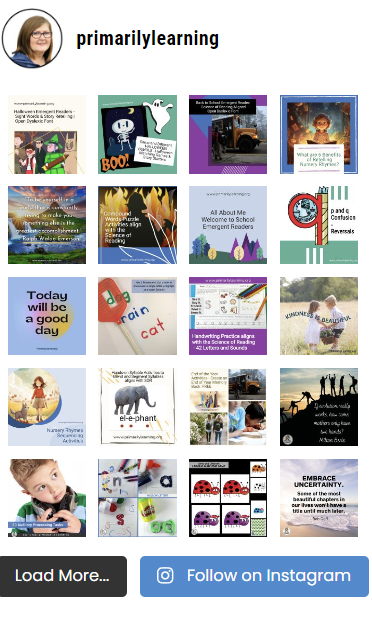
HOLIDAY FUN!


YOU MIGHT LIKE:
- Earth Day🌎
- Life is Short. 🥀Have You Ever Lost a Loved One?
- ☘️ Celebrating St. Patrick’s Day: A Journey Through History☘️
- What is the Difference Between Systematic and Analytic Phonics?
- b d p and q confusion
TAGS
activities auditory processing baby Books drawing early years ESL Family First Grade Grade One hand dominance handedness Ideas Jolly Phonics Kindergarten Language Development life reflections Parents Phonological Awareness Play preK preschool primary Reading Sight Words teachers Visual Discrimination Vocabulary Writing YouTube Video






